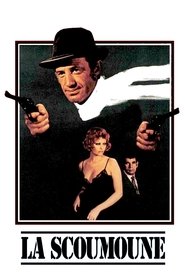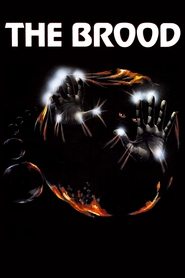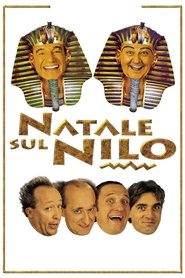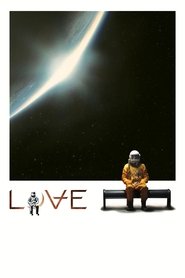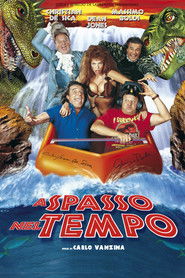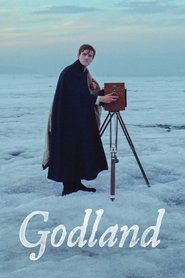
Im Lande der Morgenstille 1925
The film shows long-lost images of the early 20th-century Korean Peninsula, before the Korean War separated the North and South. The images include women spinning on cotton wheels, families making traditional tteok (rice cakes), a look at Dongsomun (Seoul’s ancient East Gate), which was destroyed just years later, and missionary activities in what is now North Korean territory. The footage was once stored in a German monastery, but later the Nazi government, which sided with Japan in World War II, tried to confiscate it because some of it could be interpreted as espousing a critical view toward the Japanese occupational regime in Korea. Fortunately, a monk saved the film, hiding it behind a stone wall in the basement before he died during the war. The film was rediscovered in 1975 during a renovation.
- Title: Im Lande der Morgenstille
- Year: 1925
- Genre:
- Country:
- Studio:
- Director: Norbert Weber
- Cast:
- Crew: Norbert Weber (Director)
- Keyword:
- Release: Apr 09, 1925
- Runtime: 116 minutes
- IMDb: 5.20 / 10 by 4 users
- Popularity: 0
- Budget: $0
- Revenue: $0
- Language:
 Apple TV
Apple TV Google Play Movies
Google Play Movies Fandango At Home
Fandango At Home Netflix
Netflix Amazon Prime Video
Amazon Prime Video Amazon Video
Amazon Video MUBI
MUBI




















